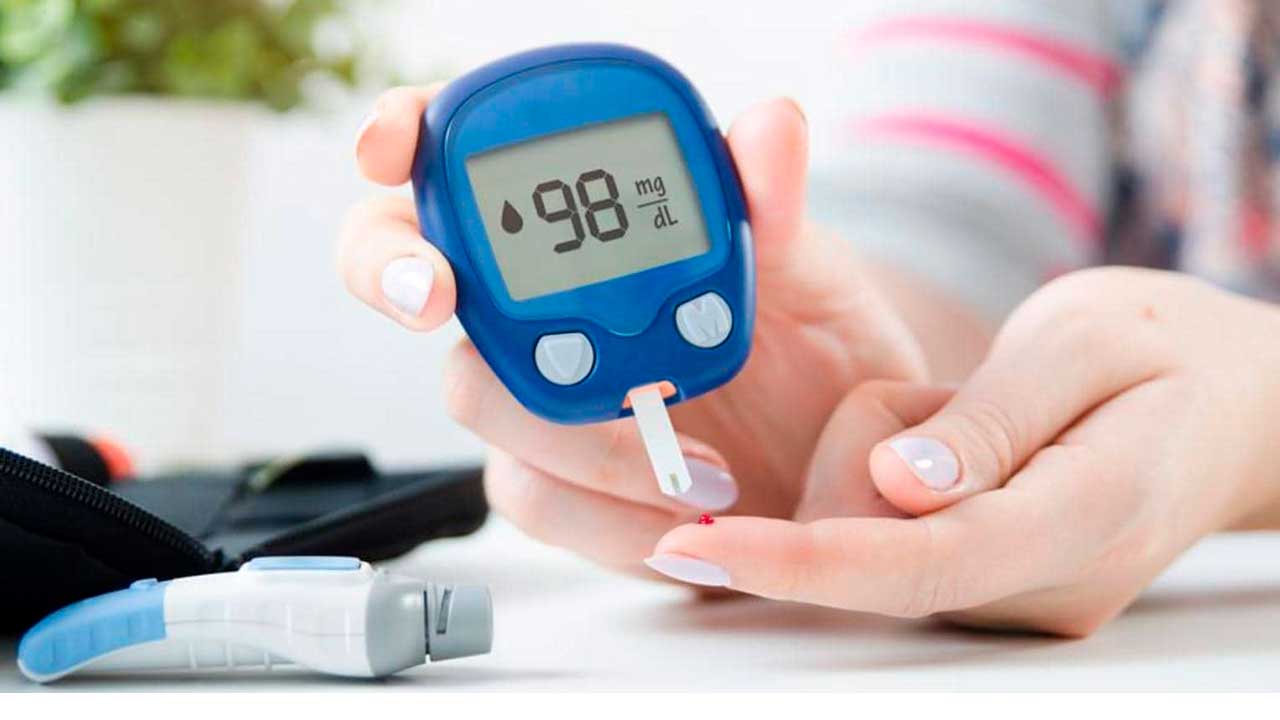Either type of diabetes (type 1 or type 2) can cause diabetic nephropathy. Diabetes causes severe complications if not managed properly, one of them is diabetic nephropathy (which affects the kidney). Diabetic nephropathy affects kidney health by unbaling the kidney to perform its normal function of removing waste products and extra fluid from the body. The only way to prevent diabetic nephropathy is by following a healthy lifestyle and controlling diabetes and blood pressure.
Over the years, the condition damages the kidney’s filtering system. Early diagnosis and timely treatment can slow the process of damage or reduce the chances of complications. Damage to the kidney disables it to function properly which further results in kidney failure if left untreated. Kidney failure is a life-threatening condition. Kidney transplant and dialysis is the only treatment option left at this point.
The early stages of diabetic nephropathy would not show any signs or symptoms. Some signs of later stages are
1. Protein in urea
2. Swelling of feet, ankle, hands, or eyes
3. Increased urination
4. Shortness of breath
5. Loss of appetite, fatigue
6. Nausea, vomiting
7. Blood pressure out of control
8. Unable to concentrate
Kidneys contain several blood vessels to filter waste out of the body. Diabetic nephropathy occurs when unmanaged diabetes damages these blood vessels and other cells of the kidney. The condition also causes high blood pressure which further results in kidney damage by increasing the pressure in the filtering system of the kidneys.
Diabetic nephropathy risk factors (Factors that increases the risk)
Uncontrolled hypertension
Uncontrolled diabetes
Smoking
Obesity
A family history of diabetes and kidney disease.
Diabetic nephropathy – Associated complications
1. Fluid retention – Swelling in arms, legs, lungs, and high blood pressure
2. Hyperkalemia (rise in blood potassium levels)
3. Increases the risk of cardiovascular diseases (heart and blood vessel diseases)
4. May cause diabetic retinopathy (blood vessel damage of light-sensitive tissues of an eye at the back)
5. may lead to anemia (lesser RBCs to transport oxygen)
6. Foot sores, diarrhea, erectile dysfunction will become common.
7. It may result in bone disorders as the kidney is unable to balance the calcium and phosphorus in the blood.
8. Increases the chances of end-stage kidney disease.
Prevention of diabetic nephropathy
Manage your diabetes well – Strictly follow your doctor’s advice. Don’t cheat yourself. Even a small mistake can take you to big problems. Take your medicines regularly, live a healthy lifestyle, regularly monitor your blood sugar and do all that is required to manage your blood sugar. Keep your blood sugar fully in control.
Keep your weight in check – Maintain your ideal weight by being physically active. Doing exercise, gym and yoga can help in keeping your weight in check. If you want to lose weight, ask your doctor for weight loss strategies – Increase physical activity and reduce calories intake. Do remember, you have to lose extra fat and not your bone mass.
Quit smoking – Smoking can badly damage your kidney. Consult rehab centers in order to quit smoking. Counseling, family, and peer group support can help you a lot in coming out of this.
Manage your other health conditions like hypertension – Control of high blood pressure is very important in preventing kidney damage. You need to modify your diet and lifestyle to maintain the right blood pressure.
Regular consultation with doctors – Consult with your doctor on a regular basis be it annually or half-yearly or more frequently. Follow all the instructions laid by the doctor carefully. Manage your condition well so as to avoid any severe complications.
Disclaimer: The content on this site is for informational purposes only, and should not be taken as professional medical advice. Always seek the guidance of your doctor or other health professionals for any questions you may have regarding your health or a medical condition.

 Diabetes if not managed properly can cause severe complications, one of them is diabetic nephropathy. Know more about diabetic nephropathy – What causes it, symptoms, risk factors, and prevention.
Diabetes if not managed properly can cause severe complications, one of them is diabetic nephropathy. Know more about diabetic nephropathy – What causes it, symptoms, risk factors, and prevention.







_(1).jpeg)
_(1)_(1)_(1).jpeg)
.jpeg)

.jpeg)
.jpeg)
.jpeg)
.jpeg)





.jpeg)


.jpeg)
.jpeg)






.jpeg)
.jpeg)